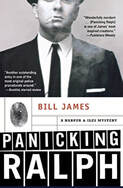
First, a confession. While the character of Ralph Ember is as carefully and convincingly drawn as any person in James's fiction -- and while the author clearly finds "Panicking" Ralph's personal and psychological contradictions appealing -- I have always felt that a little Ember goes a long way. For me, Ralph is better cast in a peripheral role, perhaps as team player to a bank robbery or a bit of criminal cover-up; when the story places him front and center, as this one does, his unique blend of chivalry and selfishness can become tiring.
At the character's heart is a paradox that is superficially intriguing: he sees himself as a noble, admirable figure who happens to engage in murder, adultery, and drug running. Nearly all of Bill James's criminals are socially conscious and aspire to the realm of wealth and respectability, but Ralph (never Ralphy) Ember already has a version of both and knows he is above the rabble that occasionally frequent The Monty, his brass-and-burnished-wood bar that once attracted Real Names.
We see this pride and hubris when he serves up glasses of Armagnac to Keith Vine and Stan Stansfield, Ember's rivals in the shifting drug trade as both teams try to capitalize on the seller's market void created by the death of the last kingpin. And we see the battle between chivalry and self-preservation as he tries to decide whether to avenge his mistress's murder. She was gunned down out at the mudflats following a tryst with Ember; surely the men were after him and not her, yes? To act or not to act, even if acting brings on that psychological freezing that has unfairly earned Ralph his derisive nickname... Prince Hamlet is referenced a few times, and it's intriguing to consider the level of narcissism built into both characters.
For me, we spend a little too much time with our Hamlet here, although we do get to know him and his thought processes very well indeed. When Panicking Ralph switches to its second story, the ground is fresher and the endgame and outcome a little more uncertain. DS Harpur makes the rather surprising (and not wholly believable) move to secretly go undercover as a bent copper, insinuating himself in Vine and Stansfield's operation so he can gather evidence against them. In doing so, Harpur (and the author) must by necessity play a long game. The move means the detective is perfectly situated to illustrate James's series-arching theme: that the line between law abider and law breaker is (and will always be) perilously thin, especially with so many easy enticements awaiting one on the criminal side.
Harpur's choice to go heroic-rogue -- he chooses not to tell Iles and Chief Constable Mark Lane about his plan, likely because both would object to it -- allows the opportunity to see those women around him in a newer, stronger light. His college student girlfriend Denise is remarkably intuitive and resilient, and her sharply observed dialogue with Harpur throughout the book, always trying to get him to say more than his policeman's instinct will allow, is a highlight. Harpur's daughters Jill and Hazel continue to find their own voices (often at the hectored expense of their father), and even deceased wife and mother Megan Harpur (see the magnificent Roses, Roses) casts a strong presence through a bookshelf Colin has never gotten around to clearing, though not from family sentiment. Says Jill, assessing her dead mother's collection:
"There's a good boxing book, The Sweet Science, I want kept, and The Orton Diaries, of course. The rest, Oxfam or torched."
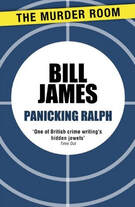
Iles's view is partly a matter of the Devil you know, but there is something more pernicious -- and pragmatic -- lying underneath. Just as Nature abhors a vacuum, Harpur and Iles's unnamed city will never be truly drug-free, no matter how many kingpins are locked up or how many coppers walk the neighborhoods. There is a demand for product, and there always will be. Smaller pushers from more diffuse networks will find their way in, just as Stanfield, Vine, and Ember are doing now. Given that inevitability, there is logic in Iles's push to partner with the criminals and to keep them in charge of operations, for the Devil you know is perhaps containable, amenable in a way that benefits all involved.
Panicking Ralph is a solid mid-series entry, although its characters and themes are best appreciated in context of the other books. Ralph Ember may have his paralyzing doubts, but Bill James is as sure-footed as ever.
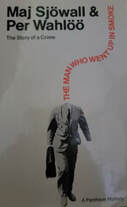
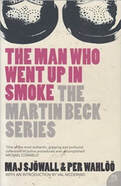
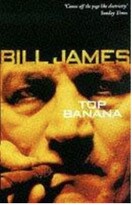
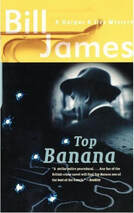
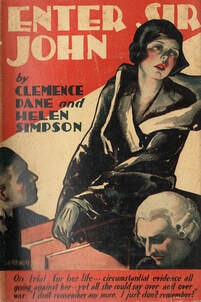
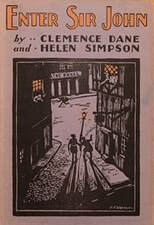
 RSS Feed
RSS Feed